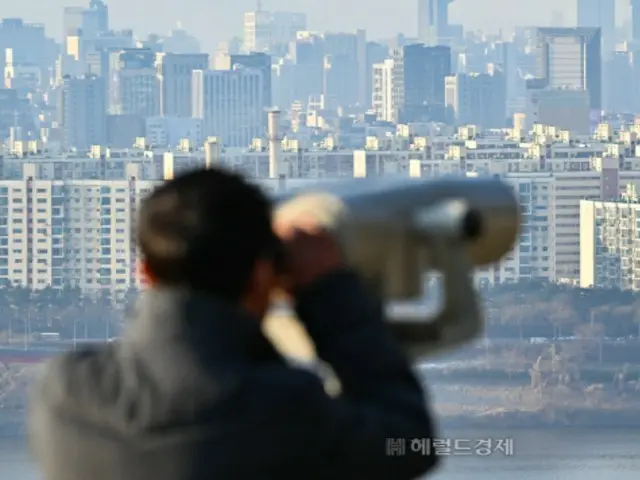According to data released by the Ministry of Land, Infrastructure and Transport on the 12th, as of the end of December last year, there were 58 housing complexes nationwide that were expected to be subject to reconstruction contributions.
The average expected tax amount per person is about 103 million won (about 10.9 million yen). Seoul has the most with 29 locations, followed by Gyeonggi Province (11 locations), Daegu (10 locations), Busan and Gwangju (2 locations each).
The top three are Incheon, Daejeon, South Gyeongsang Province, and Jeju (one each). The average expected levy per person in Seoul is 147 million won, with the highest at 390 million won in the complex and the lowest at 400 million won in the residential complex.
In the lowest complexes, the levy is about 1 million won. There are 24 complexes nationwide where the levy is expected to exceed 100 million won. The estimated levies and levies for reconstruction excess profits were calculated as of June last year.
At the time, there were 68 complexes nationwide that were expected to be levied, with the average levy amount being 105 million won. In Seoul, there were 31 complexes, with an average of 166 million won per person.
The reconstruction excess profit recovery system is a system in which the government collects up to 50% of the excess amount if the profit gained from reconstruction exceeds 80 million won per member.
The tax was introduced in 2006, but was postponed due to the slump in the housing market. However, a law was amended to ease the taxable excess profit threshold from 30 million won to 80 million won.
The law was enacted again on March 27, 2017. The "excess profit" referred to here is the difference between the increase in housing prices in the reconstruction complex and the increase in normal housing prices (the average housing price in the municipality to which the reconstruction complex belongs).
Therefore, if housing prices as a whole rise, excess profits will decrease, and the estimated levy area and levy amount may also decrease.
Unlike previous administrations, the new administration is expected to begin imposing reconstruction costs in earnest.
The party did not explicitly mention the reconstruction excess profit refund system in its manifesto, but Rep. Jin Sung-Jun, who served as policy director for the party's election strategy committee, said last month, "The system will be implemented once and then
At the time, Rep. Chen said, "There are some areas where housing prices have risen due to government policies and investment, so it is not right to take excessive profits just because of reconstruction.
"It is not desirable for the public to have the burden of reconstruction excess profits already significantly reduced, and it has not even been a year since the (relaxation policy) was implemented, so once it is implemented,
"We need to look at it and see what the burden is," he said.
2025/06/13 06:17 KST
Copyrights(C) Herald wowkorea.jp 104

